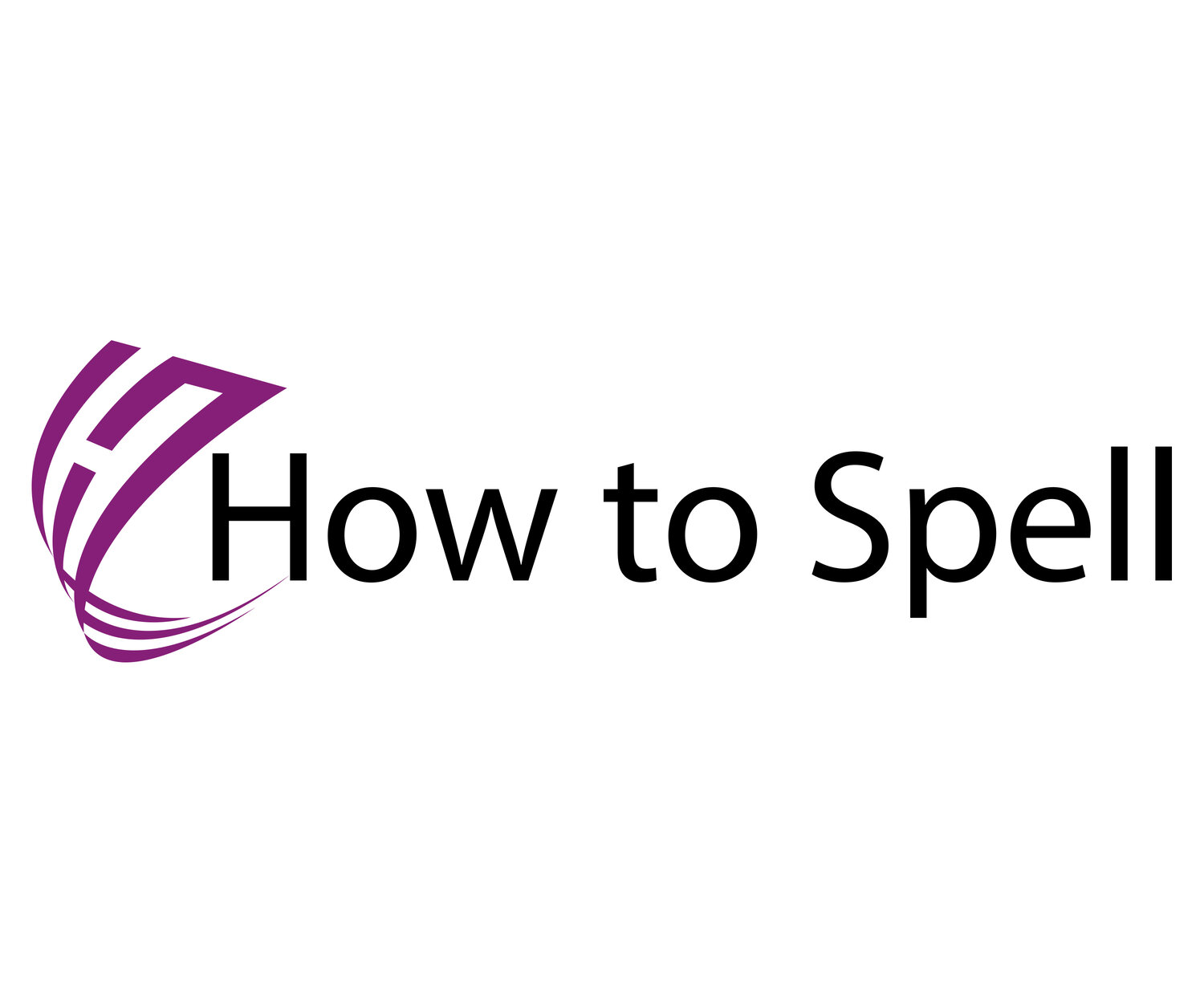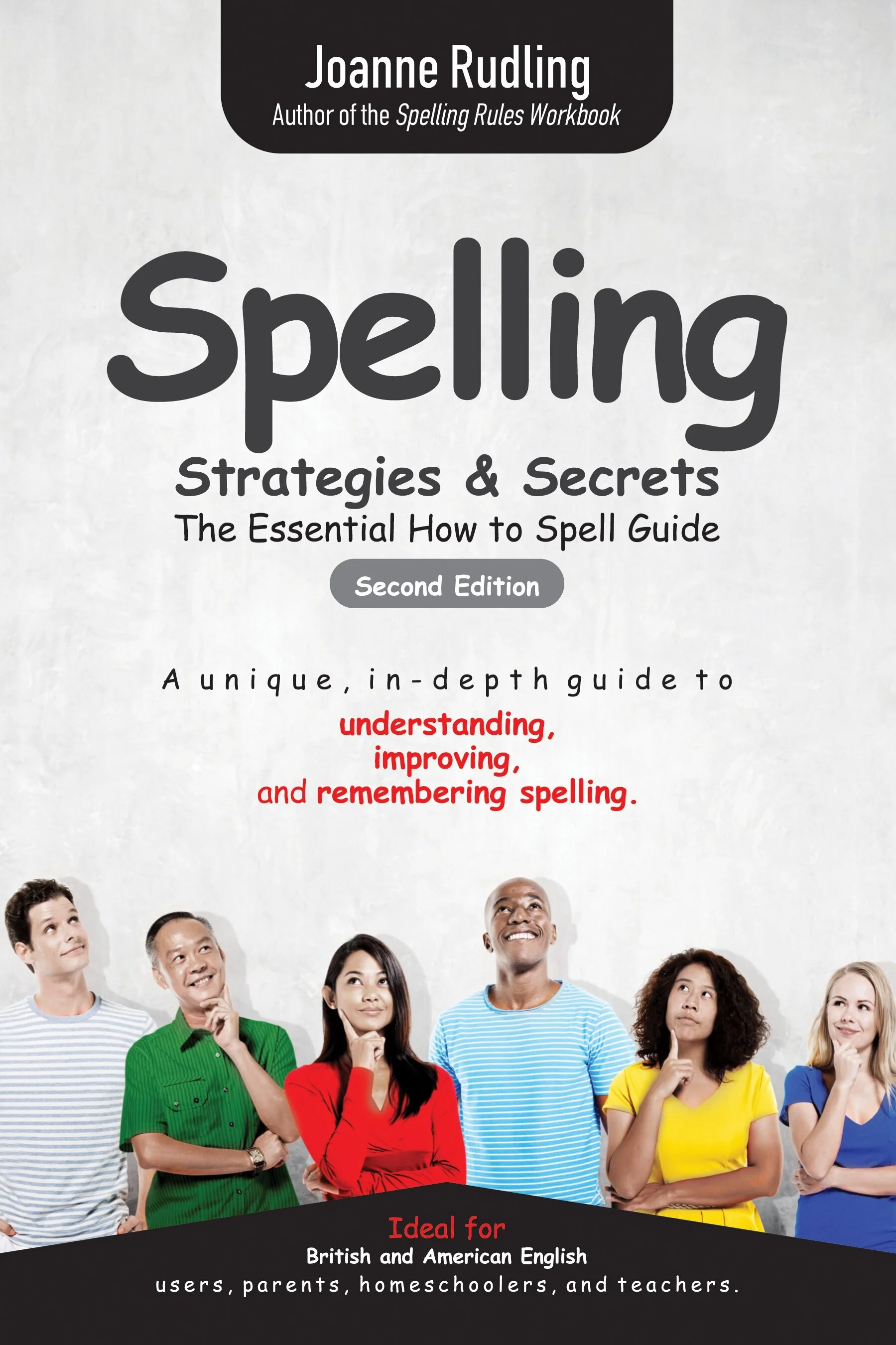Spelling Tip Number 1: Spelling vs. Reading
1. Does reading improve your spelling?
Reading’s very important but it won’t improve your spelling.
Different skills are involved. Spelling is much more difficult than reading.
According to David Crystal: Teachers assume that reading, once taught, automatically means that spelling will be ‘caught’. But there is no correlation between reading ability and spelling ability. (David Crystal: The English Language)
Spelling won’t happen because we read. A word must be consciously and deliberately learnt.
Spelling uses a set of active, productive, conscious processes that are not required for reading. (David Crystal: The English Language)
We don’t read to learn spelling, we read for information or entertainment etc. We skim over the words when we read whereas spelling is an active letter-by-letter activity.
Spelling is a visuo-motor skill. This means that visual and physical skills are crucial. You must see the patterns of English and feel the writing of them. Learning to visualize the whole word can also improve spelling.
Reading a word is easy but try to spell it and there could be a number of ways to spell it, like in homophones: buy/bye/by, you/you're, its/it's, there/their/there, stationary/stationery
Look at the following words. They have the same long vowel sound 'e' + s but have 7 possible spellings: breeze, knees, these, fleas, seize/sees/seas, cheese, tease/teas. Easy to read not so easy to spell!
TOP TIP number 1: Just because you’ve seen a word, read it, and copied it down once, doesn’t mean you'll be able to spell it.
You must work at and study spelling, notice the features of words. Pay attention to how words are made up – the letter patterns, root words, prefixes, suffixes, rules.
For more on the latest research about this, check out my blog post: How to Help your Child with Spelling: Three Essential Insights for Parents (1: Does Reading Improve Spelling?)
For more spelling tips, strategies and facts about spelling, check out my Spelling Strategies & Secrets book.
Hi Joanne, I am a senior lecturer in the Law School at Stoke on Trent and I am the proud new owner of your book. I have made it recommended reading for my level three law students. The level three access year provides students an extra year with their law degree. Many of these students have struggled with A levels and need a lot of support. I also have mature students on the award who are starting their second career. I think your site, book and tips are very effective.
All the Best
L.P Martin, Senior Lecturer Law, Staffordshire University
Click here to go to Spelling Tip 2: Why English is so Confusing

